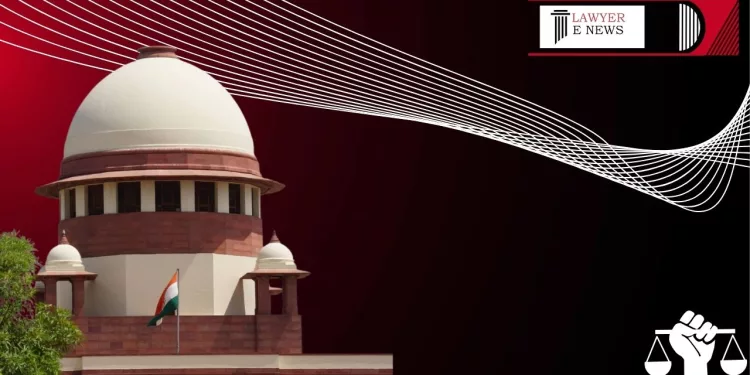Registrar’s Power to Cancel Societies Registration Challenged in Kolkata Chinese Tannery School Dispute: Supreme Court Upheld Cancellation

In a significant legal development, the Supreme Court of India has grappled with the question of whether a Registrar of Societies, empowered to grant registration under the West Bengal Registration Act 1961, possesses the authority to cancel such registration. This legal conundrum came to light in a dispute between two groups of Chinese tannery owners in Kolkata, revolving around the control of Pei May Chinese High School.
The roots of the dispute trace back to the school’s inception in 1929 as ‘Pei May Chinese School,’ located in an area referred to as China Town in Kolkata. However, subsequent to its establishment, the Chinese Tannery Owners’ Association in Kolkata took charge of the school and shifted it to a different location in Tangra. The crux of the matter is whether the Chinese Tannery Owners’ Association had the right to register the school under the name ‘Pei May Chinese High School’ independently.
The appellant in the case, Chen Khoi Kui, who claims to be the school’s secretary, vehemently denied any connection between the Chinese Tannery Owners’ Association and Pei May Chinese High School. Allegations of forgery and fabrication arose, leading to both civil and criminal proceedings.
The Registrar of Societies had earlier granted registration to ‘Pei May Chinese High School’ as an independent society in response to an application by the respondents. This move placed the school’s address in direct contention, as it was the same address claimed by the Chinese Tannery Owners’ Association. Kui argued that the Association had no affiliation with the school, leading to a complaint and eventually the cancellation of the registration.
The dispute continued through multiple rounds of litigation, including a Division Bench judgment of the Calcutta High Court in 2016. The differing opinions within the Division Bench led to a reference to a third Judge, who analyzed the Registrar’s power to cancel registration. The Referee Judge delved into the crucial distinction between procedural review and substantive review.
The Referee Judge’s decision revolved around the application of Section 22 of the Bengal General Clauses Act, 1899, stating, “What the 1961 Act expressly bars is registration of a society under a name which is identical with, or too nearly resembles, the name of any other society which has been previously registered.” The Judge emphasized that to prove suppression of a material fact, the party making the allegation needed to present evidence based on documents available during the registration process. Due to the absence of such documents and the Registrar’s failure to reference them in the cancellation order, the Referee Judge found the Registrar’s exercise of power incorrect.
The Referee Judge’s decision led to a remand of the matter to the Registrar, emphasizing adherence to prior orders and the inclusion of reasons in the decision-making process.
While the respondents argued that the criminal case had been closed with a final report and one of the accused discharged, the Supreme Court held that this did not conclude the matter.
Supreme Court upheld the impugned judgment, emphasizing that the cancellation order did not suffer from any legal shortcomings. The Court also acknowledged the question of land ownership, leaving it open for consideration in the civil court if necessary.
Date of Decision: 13 SEPTEMBER 2023
CHEN KHOI KUI vs LIANG MIAO SHENG & ORS.





